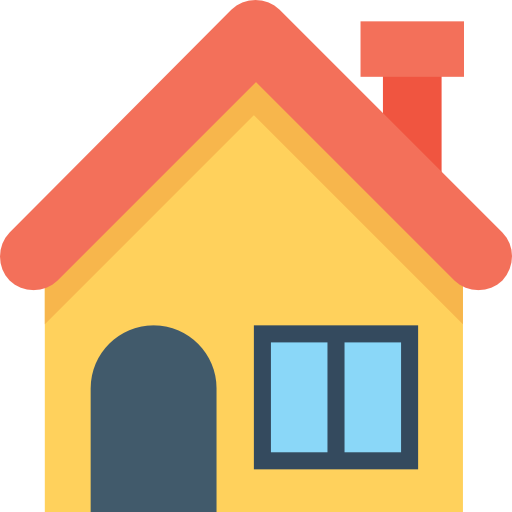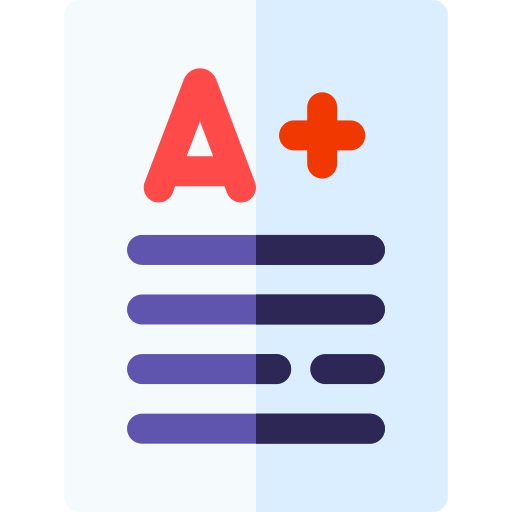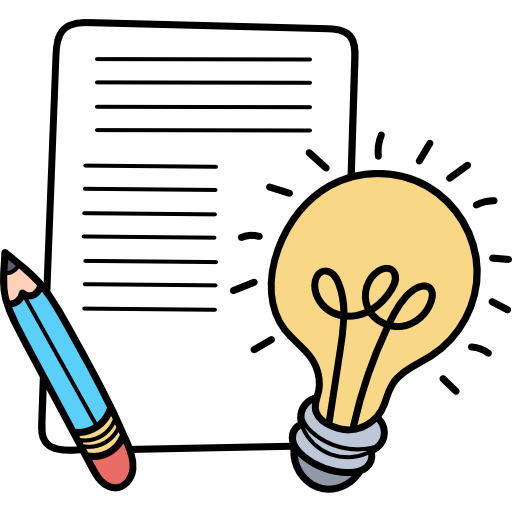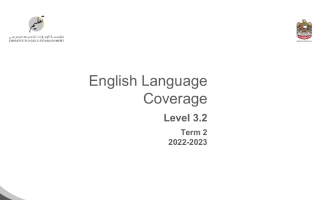بوربوينت قواعد ووظائف نهاية الفصل الثاني اللغة الإنجليزية الصف السادس
The Coverage, Grammar and Functional Language Teaching Resource
The slides within this resource, although detailed, are designed to be used as a starting point for teachers to construct lessons around the language points that are explored here. The slides are intended to be used individually as a resource within a lesson and to be incorporated as part of instruction incrementally throughout the term to ensure that students have been exposed to all the language points in the mverage ahead of their end of term exam. Therefore. the PowerPoint should not be presented at a single event or in its entirety. Some functional language points may overlap with grammatical points in the coverage, and in that case, it is possible to combine slides. However, this resource should be
considered to be a collection of individual slides that teachers can use to enhance stucknts' learning
Within this document, you will find information about the coverage for this term. The lexis family that assessrnents will contain is mentioned as well as the particular grarnmatical and functional language points that will be tested in the exams at the end of this terrn. In the preparation sections, you will find examples and explanations for the grammatical and functional language points that will be assessed this term
The grammar preparation section has an example sentence that illustrates the grammatical point. It follows this with an explanation of the meaning of the example sentence. Next, the specific grammatical structure used within the example sentence is detailed followed by an explanation of the circumstances under whidl the particular structure is used. More example sentences using the structure are given at the end of the slide. In the functional language preparation section. there are examples of the particular language point followed by an explanation of how the particular are used. In the associated grammar section, language points that comprise the structure or can be used to in conjunction with the language
He watched a movie the day before today
Past simple tense
subject + verb (irregular form) + object
subject + 'was / were' + complement
The past simple is used to discuss something that happened in the past. It is used to describe completed actions in a time before now. We use the past simple with a complement to say exactly when the past action took place, for example, yesterday' and on Friday'
I- want to school at 7am
It cold yesterday
We were in Fujairah on Friday
When did she eat breakfast
Why did you go to the museum
What did he have in his bag
words are used to ask questions to find information. The first list of cumtions are subjet questions. the second list are object questions
Wh - questions
'Wh- • auxiliary verb + subject + main verb (object question)
Wh- + main verb + object (subject question)
Where - to ask about place
Who - to ask about reasone
When - to ask about time
Why - to ask about people
'What - to ask about people, things and
Wth- questions can be used to ask about subject or object of verb
In a subject question. there is auxiliary. just a main verb. is a main verb — W'here was Ahmed
In an question. an auxiliary verb (do. has. etc) goes before the subject arxi it has have a main verb in tle sentence bo —
What did you do
What did you finish your exam
what to beach
Why did you do your homwork
I am on the Road
I am at the cinema
Sutlan is SaYing where he is, and where they can meet: he is (the library), (the first floor), and wants to meet n (the cinema)
Subject + to be + preposition + place Prem.sitions of plæe describe the position of a person or thing in relation to another or thing. They where things are
In: general - large areas like countries and cities (in England, in Dubai) and small spaces (in a car, in a box)
On: more - for streets and roads, and surfaæs (on Main Street, on the table) and by lots of (on the bus, on the train)
At very — and shops (at IO Main Road, at the shop, at the bakery), for home, work and places of study (at sctm, at university)
Do you live in a big villa
The shop is the end of the street
Walk to the end of the road, the school is your right
What did you do yesterday
I completed a project using my laptop. I gave it to my manager this morning
What did you do before you had a laptop
I read textbooks to find out information. I all my work in notebooks
Functional past and events
Associated grammar Wh- past simple, Of tirne, pronouns
It was a beautiful lake with trees
It is in the centre of the city
What is Dubai famous for
Functional language point Describing plaæs
grammar Adjectives, noun past simple , simple
What is your name
I have three brothers
My brother is tall
Functional Asking for and giving information
Associated grammar Wh- noun



